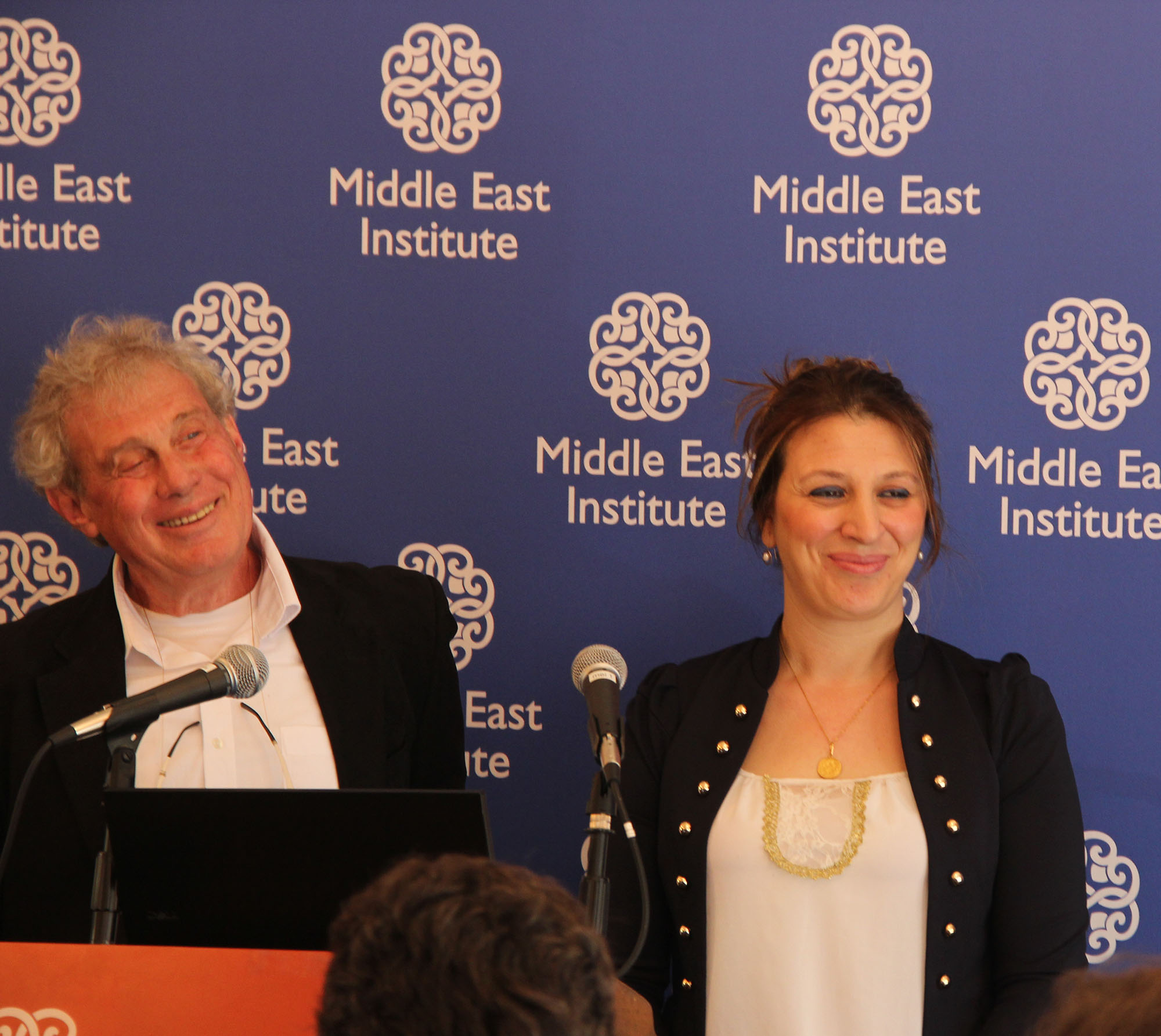WASHINGTON — Inhabitants of Israel’s Kidron Valley, a land once walked by Abraham, Jesus and Muhammad, now describe the area as a sewer.
The Kidron Valley, or Wadi Nar in Arabic, an area of about 17 miles, stretches from Jerusalem to the Dead Sea and holds great religious significance for many.
Recent development and over population have left the valley dry and polluted with about 15 million cubic meters of sewage per year, according to the Israeli-Palestinian Environmental Cooperation. This environmental crisis threatens the health and safety of inhabitants on both sides of the Israeli Palestinian conflict.
“We have an environmental problem, and everyone suffers together,” said Avner Goren, one of the founders of The Kidron Valley/Wadi Nar Master Plan
The Kidron Valley/Wadi Nar Master Plan asks that both Israelis and Palestinians work together to restore the valley and revive tourism and economic activity in the region. And so far, Goren has found hopeful signs.
“We need to build up trust and a relationship on both sides,” Goren said in a meeting at the Middle East Institute in Washington, D.C. on Wednesday. “We need to find a way to live as neighbors.”
Goren and one of his colleagues, Rana Khalaf, a principal at the Afaq School for Special Education in Jerusalem, have met with mayors in all of the towns and villages surrounding, and in, the Kidron Valley. Khalaf has also started a program where students help clean up tires and waste in the streets and use it to build gardens and ecological playgrounds.
Now that they have garnered local support, Goren is bringing the Kidron Valley/Wadi Nar Master Plan to policy makers in the United States and the Great Britain, asking them to make the project a part of their aid packages for the upcoming year.
As explained by James Sosnicky, a volunteer helping to launch a United States-based nonprofit for the project, the master plan calls for building water treatment facilities that will deal with the sewage problem and restore tourism in the area, so that believers will make pilgrimages once again.
Goren estimates that the sewage treatment plant will require more than $17 million to complete. The tourism development will rely on in-kind donations through a nonprofit group.
But the effects of the environmental restoration will reach far beyond the 17-mile stretch between Jerusalem and the Dead Sea.
Goren concluded, “It’s not the size of it, it’s the meaning that’s so important.”

